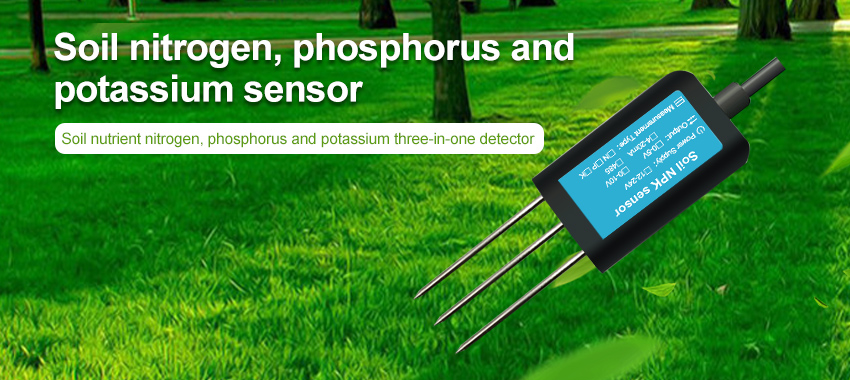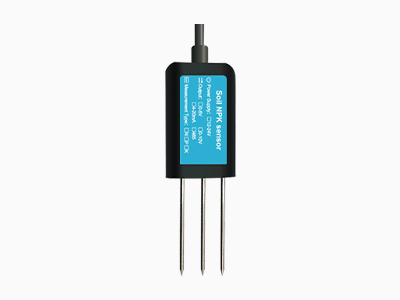Understand the NPK sensor
The NPK sensor is a vital tool in modern agriculture that plays a crucial role in optimizing crop growth and maximizing yield.

The NPK sensor is an innovative device used by farmers and agronomists to analyze and monitor the soil’s nutrient composition. It measures the levels of nitrogen (N), phosphorus §, and potassium (K) – the three vital elements required for plant growth. The accurate assessment of these nutrients is essential in determining crop health and guiding appropriate fertilization practices. This article will delve into the factors influencing NPK sensor prices and highlight the significance of this sensor in agricultural practices.
Factor in the price of nitrogen, phosphorus and potassium sensors
When considering NPK sensor prices, several factors come into play. Firstly, the technology and features integrated into the sensor significantly impact its cost. Advanced sensors equipped with precision measurement capabilities and wireless connectivity options tend to have higher prices compared to basic models. Furthermore, the brand reputation, build quality, and customer support services also influence the overall price range.

The demand and market competition also affect NPK sensor prices. In regions with a higher concentration of agricultural activities and larger farming operations, the demand for NPK sensors tends to be greater. Consequently, manufacturers may adjust the prices to reflect the demand-supply dynamics. Additionally, the presence of numerous sensor manufacturers and suppliers in the market encourages competitive pricing to capture market share.
The benefits provided by NPK sensors justify their importance in agricultural practices. Firstly, these sensors assist in precise nutrient management by offering real-time data on the nutrient levels in the soil. This enables farmers to adjust the fertilizer application rates and composition based on the crop’s specific requirements, thereby preventing over-fertilization and reducing environmental pollution.
Moreover, the use of NPK sensors helps optimize the allocation of resources and minimize wastage. By accurately determining the nutrient status, farmers can focus on the deficient or imbalanced elements, allowing for targeted corrective actions. This promotes efficient resource utilization and cost savings.
The adoption of NPK sensors results in improved crop productivity and enhanced yield quality. With precise nutrient monitoring, farmers can identify nutrient deficiencies or excesses at earlier growth stages. Timely interventions and appropriate fertilizer adjustments contribute to healthier plants, uniform growth, and improved crop performance, leading to higher yields and better quality produce.
In conclusion, while NPK sensor prices may vary based on factors like technology, features, and market dynamics, the importance of these sensors in modern agriculture cannot be undermined. Their ability to provide accurate nutrient analysis, facilitate precise fertilization, optimize resource allocation, and enhance crop productivity makes them indispensable tools for farmers and agronomists. Investing in NPK sensors can yield significant long-term benefits through sustainable and efficient farming practices.
